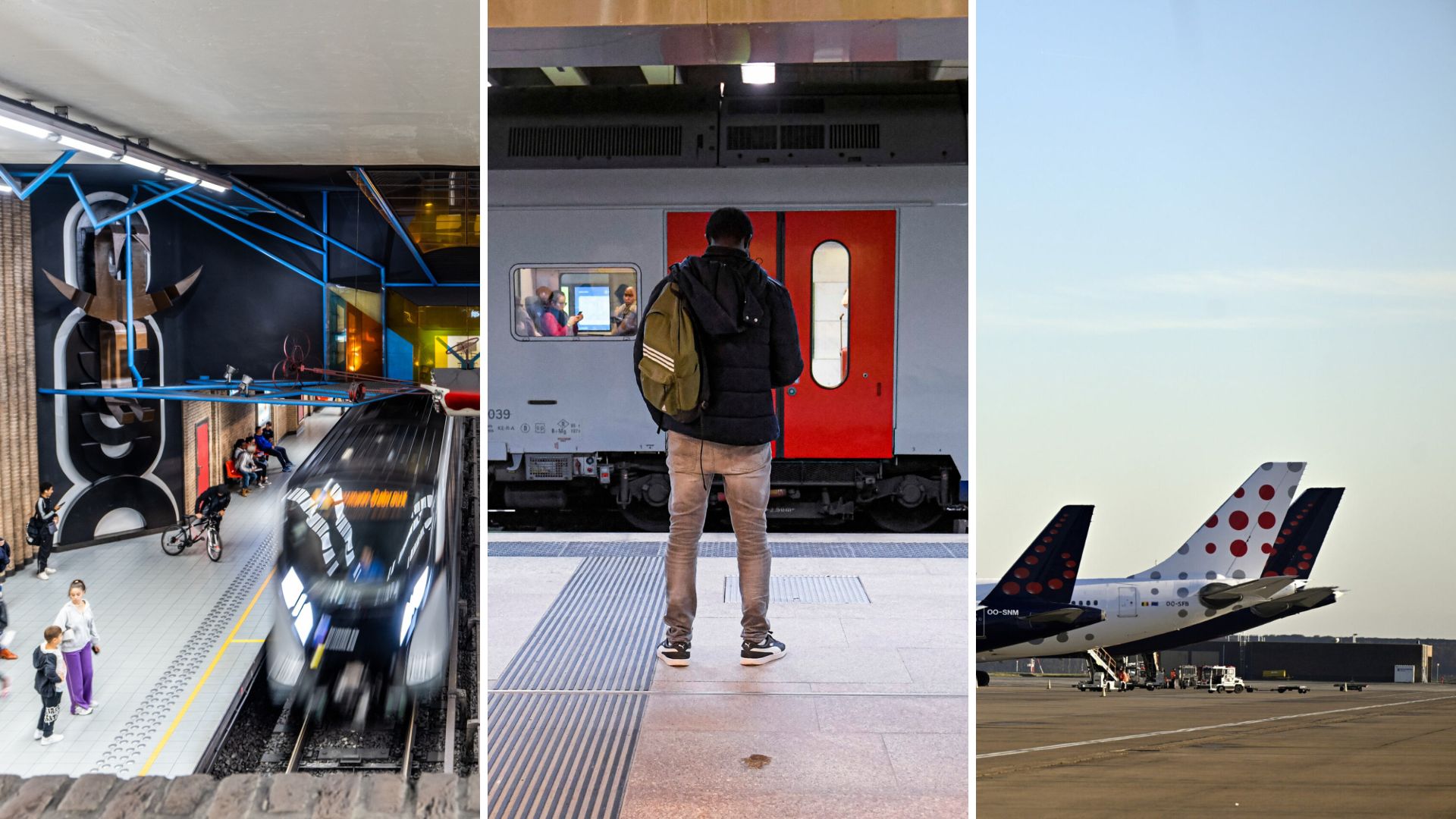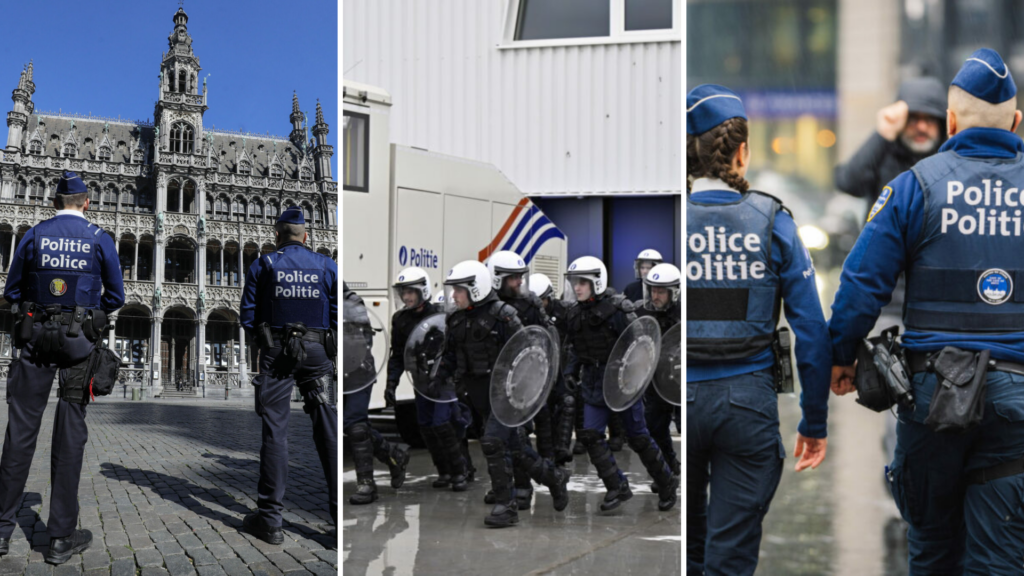The spate of drug violence that gripped the city in February – specifically, the municipality of Anderlecht – has fuelled the question of public safety in Brussels and focused especially on the structure of the city's police forces, which are divided into six distinct zones.
The series of fatal shootings that took place on successive nights, in known problem areas, by perpetrators insouciant of security forces, only added to the impression that police in Brussels are ineffective, reactive at best and lacking the organisational framework that could challenge the mafias whose operations extend far beyond the bounds of Belgium's capital. And it's not as if this was out of the blue: gun crime soared last year, driven by the same motives.
In light of this, the argument for centralising police zones in Brussels has gained momentum. Indeed, it would be impossible to say there are no efficiency gains to be made in the current system. But the debate is deeply politicised, framed as an effort by Flemish parties to undermine the independence of the Brussels mayors, who belong overwhelmingly to francophone parties.
As opposition flares, details of how the zones interact, the powers of federal versus local police, and how funding is allocated, are obscured. Nor are the boundaries between police zones questioned, the current arrangement allowing crime to be pushed outside one zone onto the territory of another.
And how do local police differ from their federal counterparts? How do they coordinate? These questions are fundamental to the debate, though are often obscured as the dispute gets heated. But with the Interior Minister now declaring a merger "inevitable", a summary of police responsibilities in Brussels is a handy reference to understand how the actual system came to be, how it's supposed to work, and its flaws.
Belgium in Brief is a free daily roundup of the top stories to get you through your coffee break conversations. To receive it straight to your inbox every day, sign up below:
1. Brussels negotiators meet again but without Open VLD
Open VLD, which reiterated in the morning that it would not join a coalition without N-VA, was notably absent. Read more.
2. General strike on Monday: What we know so far
The strike will cause disruptions across all of Belgium as flights are cancelled and public transport will be disrupted while employees take to the streets. Read more.

3. Week-long rail strike: What’s the situation on Thursday and Friday?
The number of trains running on Thursday and Friday will be comparable to recent days. Read more.
4. ‘Don’t be a Putin’: Uccle residents take action against parked cars ‘annexing’ pavement
Residents protested against motorists parking on the pavement by putting up stickers reading: "Don't be a Putin. Don't annex the pavement." Read more.
5. Brussels police zones: Where they come from and what they can do for you
A potted history of Brussels police zones right up to the role of local police officers today. Read more.
6. ‘Attack on generosity’: Online campaign against philanthropy cuts launched
The philanthropy sector is facing cuts by the De Wever government as it tackles the Belgian deficit. Read more.
7. Belgium wants to relax degree requirements for civil servants
"The way people acquire skills is changing." Read more.

